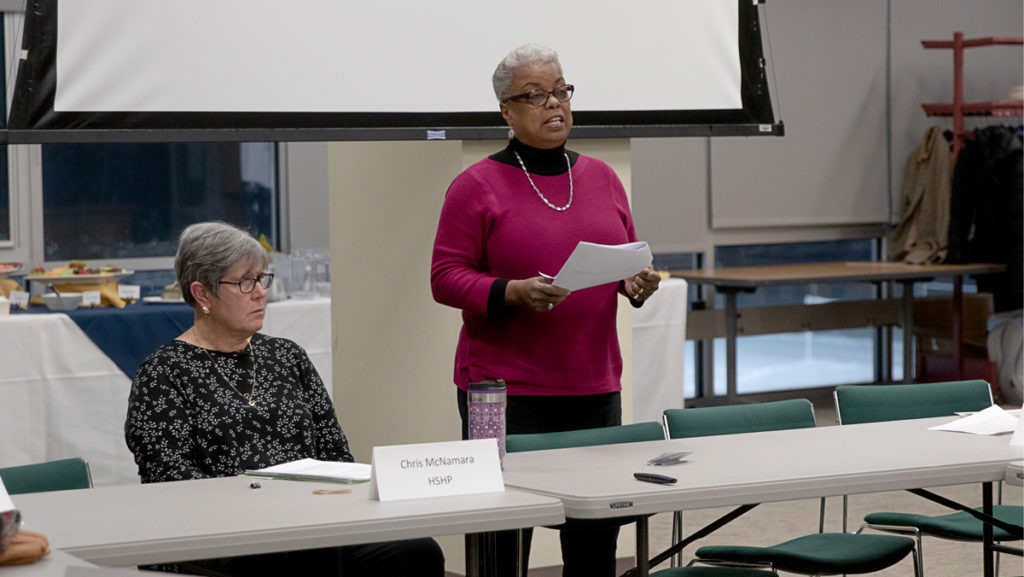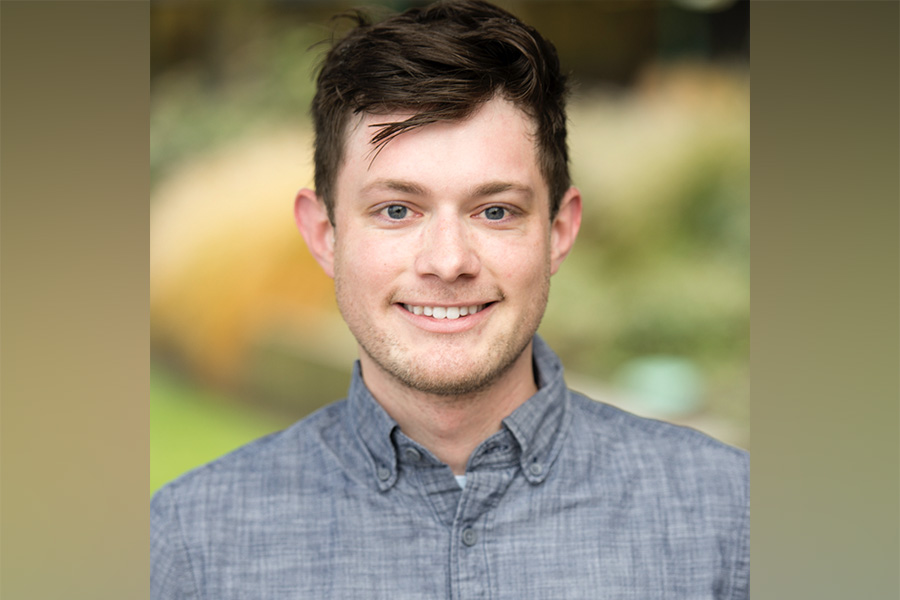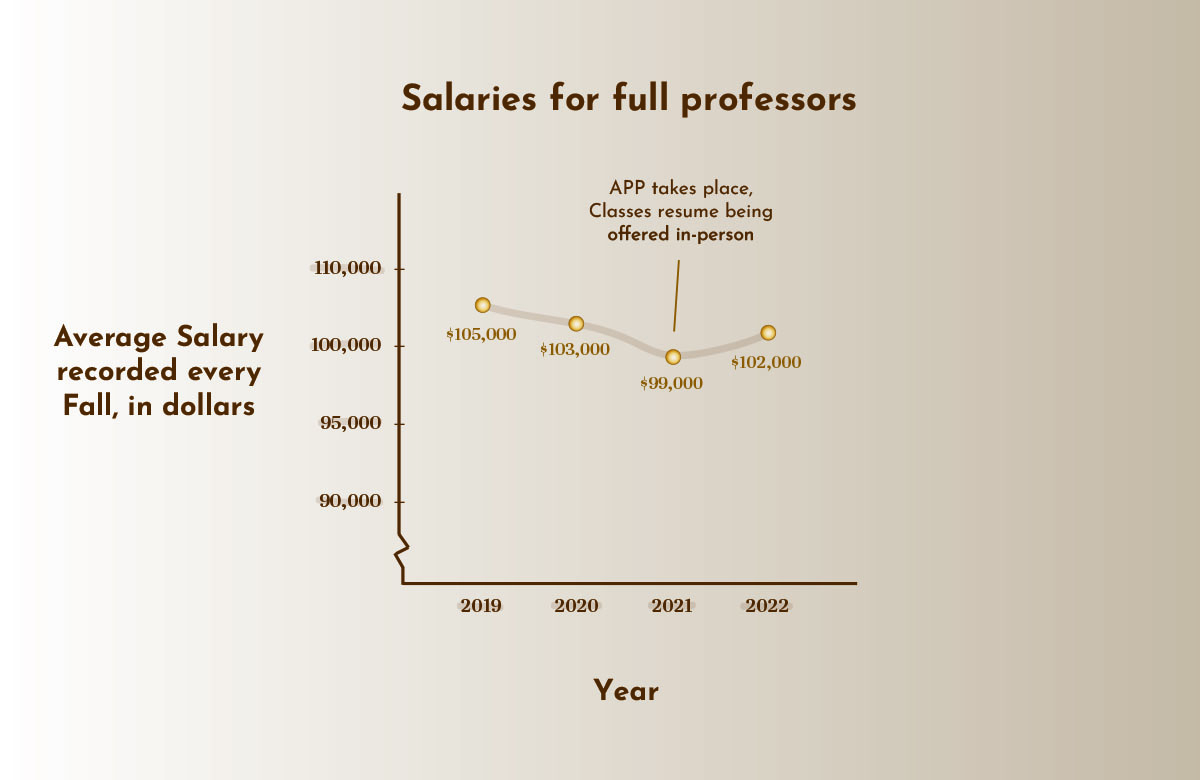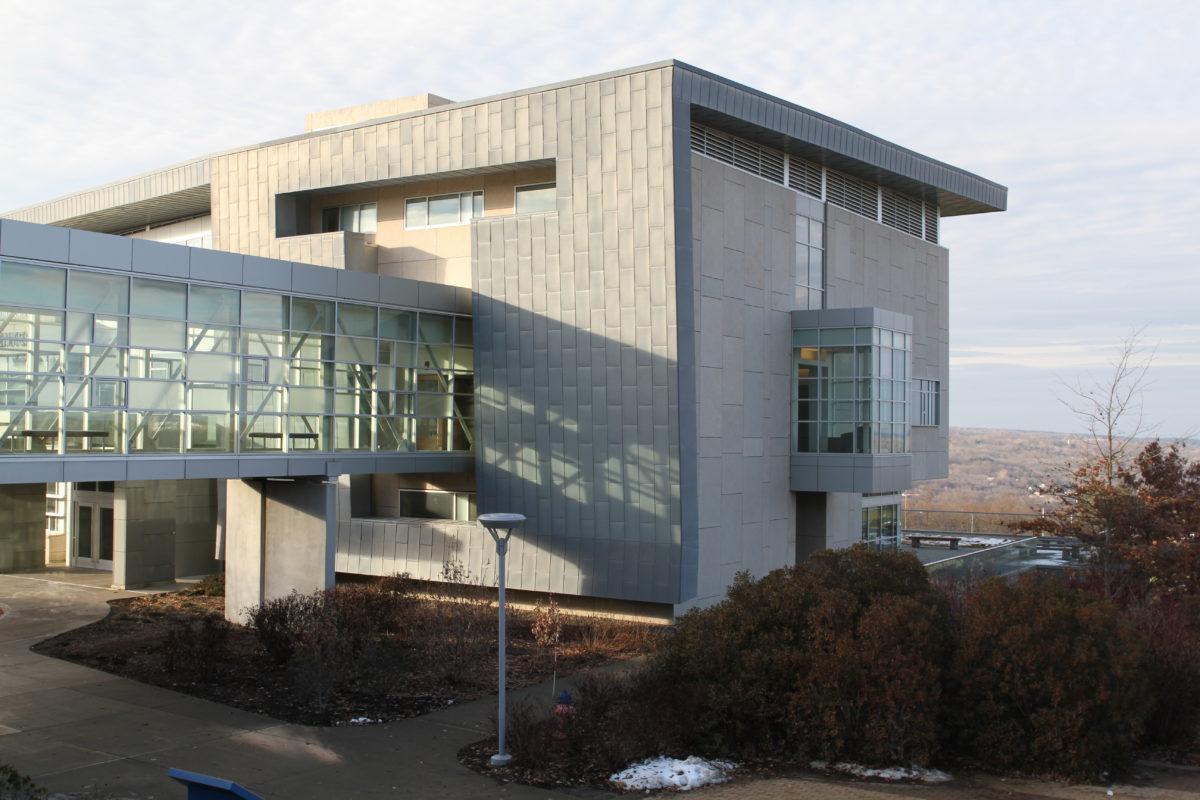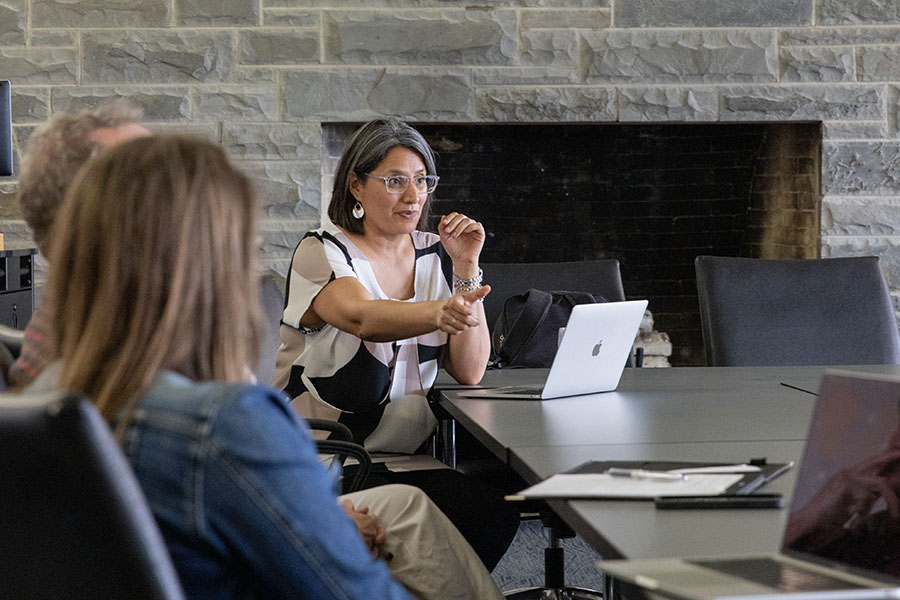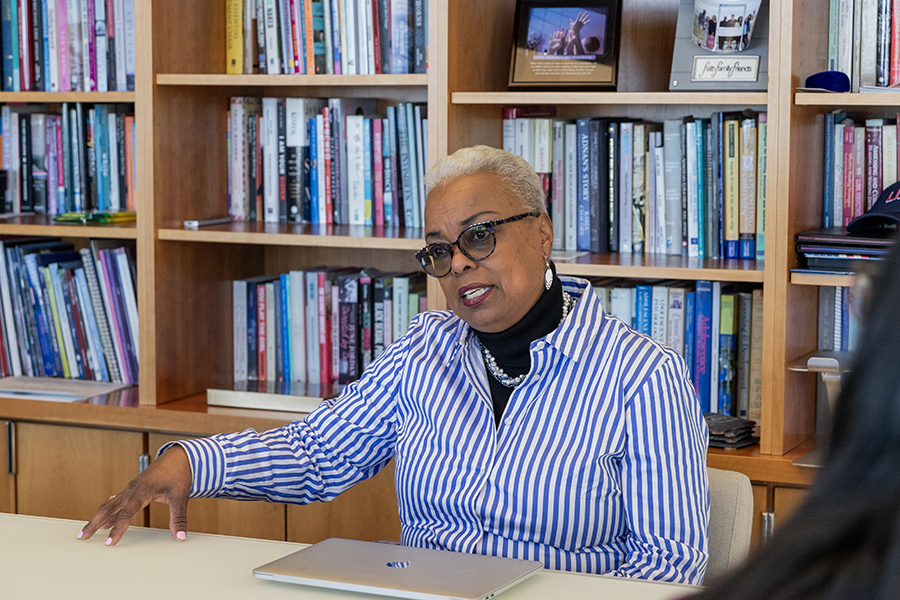Leadership from all five Ithaca College schools have proposed cohorts of students who will return campus in the first two weeks of staggered move in in September.
At the July 7 Faculty Council meeting, La Jerne Cornish, provost and senior vice president for academic affairs, invited each dean to share the groups that they proposed to move in either Sept. 8 or Sept. 15 to provide hands-on learning to. Cornish said the college will begin to welcome back new students during Labor Day weekend. Student-athletes are also slated to return 28 days before the first athletic competition, a date that has yet to be determined by the college, although the Liberty League has stated that competitions can begin no earlier than Sept. 26. The college announced June 30 that the 2020–21 academic calendar will begin with a phased return to campus over four weeks from Sept. 8 to 24, with dual instruction occurring during that time. All students will be on campus for in-person instruction starting Oct. 5.
Keith Kaiser, interim dean of the School of Music, said he proposed an early return for students with equipment needs, like percussion majors and sound recording technology majors. Jack Powers, interim dean of the Roy H. Park School of Communications, said he hopes to return approximately 300 students in addition to new students, including senior film, photography and visual arts majors and television–radio majors with longer length projects. Alka Bramhandkar, interim dean of the School of Business, said she proposed an early return for the school’s 25–30 graduate students, three students who work in the Dean’s Office and two to three students who will help with new students.
Linda Petrosino, dean of the School of Health Sciences and Human Performance, said she wants an early return for students participating in clinical training as well as athletic training and exercise science majors who need hands-on experience. Melanie Stein, dean of the School of Humanities and Sciences, said she proposes an early return for students in need of laboratory space for research projects and students enrolled in classes that have a hands-on component, like classes in the theatre arts, architecture and art departments.
The college will provide more information on the phases of move in no later than July 17.
Diane Birr, professor in the Department of Performance Studies, asked if there was a plan in place for students from states that are being asked to quarantine after traveling to New York. Cornish said students from impacted states would be asked to quarantine for 14 days in their own states before returning to Ithaca. Upon returning to the college, they would be tested for the coronavirus, she said.
Cornish said that the college has budgeted $1 million for testing and will work with the Cayuga Medical Center to create a proposal asking New York State for more money for surveillance testing, a process to monitor how the virus is spreading and the effectiveness of prevention strategies.
Aaron Witek, assistant professor in the Department of Performance Studies, said he was not sure why the college is not trying to get students back to the campus as soon as possible in the event that a second wave could hit in October, resulting in an entirely remote fall semester and a financial loss for the college. Students have also expressed their concerns with returning to campus in October and its effects on their health.
“It’s more than money, it’s a health and safety issue,” Cornish said. “If we have to be fully remote in the fall, and that would be a loss of $30 million. And I don’t know how we plan to make up for that.”
Jana Waller, clinical instructor in the Department of Speech-Language Pathology and Audiology, said the Faculty Council Executive Committee plans to work with the Educating for Social Responsibility subcommittee of the Return To Campus Task Force on developing social contracts for community members. Social contracts help to negotiate social behavior to mitigate the risk of spreading the coronavirus.
Regardless of the current layout of remote versus in-person instruction, Cornish said she wants faculty to have a plan in place to teach completely online, if necessary.
“I asked faculty to plan as if you were delivering your course online and then take every face to face opportunity you have to be with students,” Cornish said. “So that, God forbid, we have to shut down again, you’ll be ready to pivot because you’ve already planned in an online format and supplement it with face to face.”
Cornish also announced that the college will send out a survey to faculty members to determine the percentage of faculty who need to teach remotely due to medical conditions or personal reasons and the percentage of faculty who will be able to teach a majority of classes in person. The survey will include an option for faculty who need a flexible teaching schedule to accommodate childcare needs as well as faculty who would like to teach remotely due to a household member who has medical conditions.
The answers to the survey will be sent to the Office of Human Resources, so the information on medical conditions will be kept confidential, Cornish said. Accommodations for family members or childcare would be sent to the deans of each school for consideration.
Jason Harrington, associate professor in the Department of Media Arts, Sciences and Studies, said he would like to know if the college had anything in place to protect international students who may face the loss of their international visas if the college offers only online instruction. Cornish said that because the college is currently planning on having partial in-person instruction, international students attending the college should not be affected by this ruling.
Julie Blumberg, assistant professor in the Department of Media Arts, Sciences and Studies, said the college’s current attendance policy had been reviewed by TriCouncil, Student Accessibility Services (SAS) and the Academic Policies Committee and added a policy in accordance with the American Disability Act. (ADA). The policy requests that professors have a conversation with SAS regarding a student’s accessibility needs and the fundamental aspects of a professor’s class to work out solutions for students who need accommodations.
The 2019–20 attendance policy did not mention the ADA and did not request for professors to meet with SAS to discuss solutions that meet students’ accessibility needs.
The Faculty Council voted in support of the policy with 20 votes in support, seven against and one abstention. Blumberg said this policy applies to a normal academic year, and the college is proposing exceptions to the attendance policy to adapt to extenuating circumstances with the pandemic.
Harrington said he did not agree with the policy’s wording because he feels it puts the responsibility of making up work for missed classes on professors rather than students.
Chris McNamara, clinical associate professor and clinic director for the Department of Physical Therapy and chair of the Faculty Council, said she is looking for Faculty Council members to assist in creating a Black Lives Matter website as a tribute to Black faculty members at the college.
The Faculty Council Executive Committee also endorsed an open faculty letter stating a commitment to action against racism, racial inequality and white supremacy on the college’s campus and in the nation. McNamara said over 300 faculty members have signed the letter.
Baruch Whitehead, associate professor in the Department of Music Education, said he is grateful for the open letter and the website, but would like to have more conversations about the institutional racism that has prevented people of color from becoming faculty at the college.
“I think a sign and a letter, that’s all good, but it’s not really addressing the problems, the systematic problems that for years has occurred here on this campus and through our history, starting as a music school mainly for rich white people,” Whitehead said. “I think having those hard conversations is really the way we need to go.”


